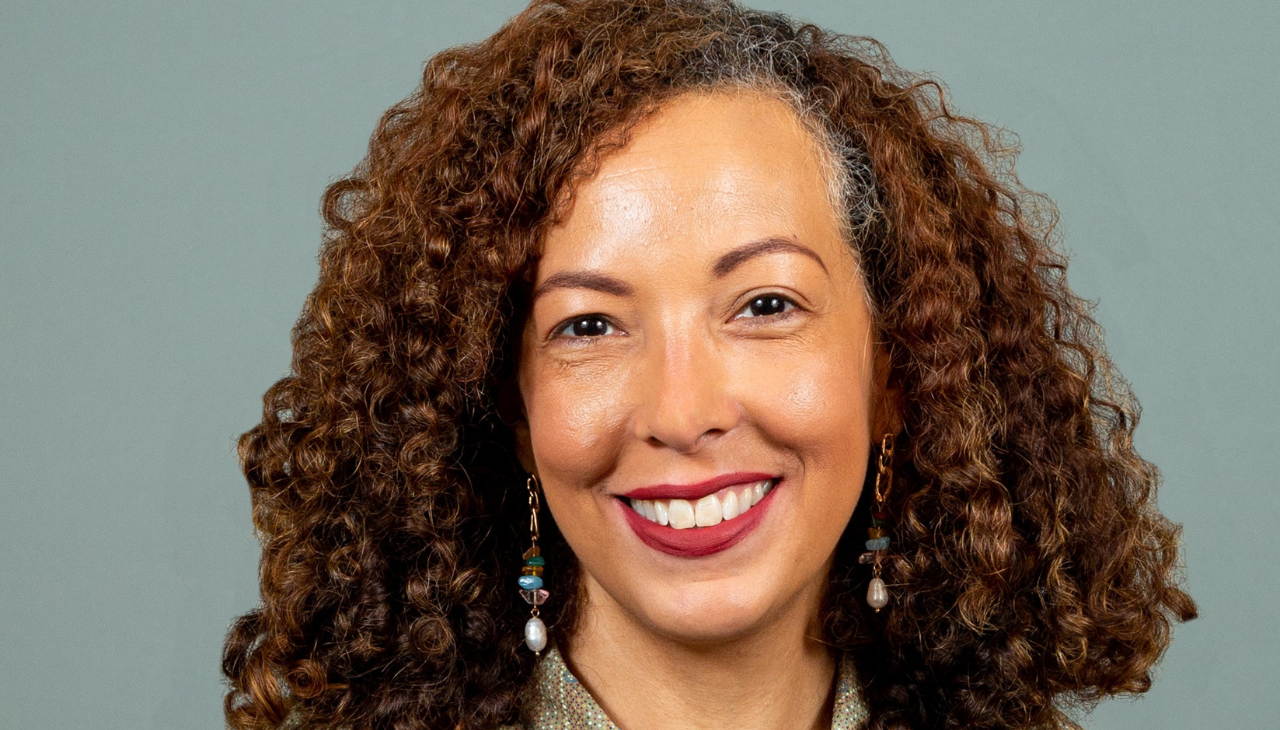
The Hispanic Federation focuses on a community of care model
Perla Rodriguez, senior director of Education programs at the Hispanic Federation, shares advancement opportunities for Latinos.
AL DÍA had the opportunity to speak with Perla Rodriguez, Senior Director of Education Programs at the Hispanic Federation overseeing the advancement of educational opportunities that support the Latinos community, who shared insights into how the Hispanic Federation is educating parents on how to assist their children.
Hispanic Federation
The Hispanic Federation is a Latino nonprofit organization that seeks to empower and advance the Hispanic community, support Hispanic families, and strengthen Latino institutions through work in different fields.
The Pathways to Academic Excellence is a seminar series that enables Latino parents to actively supports their children's education and consists of two different pathways: Pathways Early Childhood, a program that helps parents understand the importance of educationally engaging their children early in life, and Pathways College Prep that helps Latino parents and students understand and prep for a college education.
“Education is key,” Perla assures. “Without education, you can’t do any of the other things. Having these resources that cater to families from the beginning, all the way to the end—we start with early childhood education and talking to parents and having these workshops about how to create literacy and help their kids read and write, and speak.”
The Hispanic Federation focuses on uplifting the Latino communities through various services the nonprofit offers: civic engagement, economic empowerment, education, immigration, and health, among others.
Pathways Early Childhood instructs parents on how to navigate their children's school system to overcome social and academic challenges. Additionally, parents have been provided with resources that promote reading and learning. The seminar series also educates parents on the importance of junior year for their children, advanced placement (AP) classes, extracurricular activities, and college entrance exams.
However, during these webinars, parents voice their concerns—a common one being how to test their child for learning and behavioral issues, and the proper way to discipline a child. A recent pathway workshop focused on how trauma affects growth and how trauma affects learning.
“That was a great workshop because the parents were talking about the trauma that we carry as immigrant communities and how some of us were raised and perhaps not the best,” explained Perla, who noticed the biggest issue among Latino communities is language to resources and access to information. She explains that this is true for families that live in communities where these resources and opportunities are not available or the schools that are not having these conversations in the languages they speak.
CREAR Futuros
CREAR Futuros (College Readiness, Achievement, and Retention) program addresses the systemic barriers that Latinos face and prevents them from earning a college degree. The program follows a “Community of Care” model, a mentoring program providing Latino college students with direct, place-based support. The mentoring program allows students to create relationships with mentors, who then host or facilitate monthly workshops where they put all their mentees together. It also allows for peer mentorship, leadership development, career mentorship, internship opportunities, and connection to social services.
RELATED CONTENT
“I think [mentoring] is super important to have because students, especially if you’re not going to college with your friends if you’re going to college by yourself, it could be very overwhelming and lonely,” Perla commented.
Although the education field is slowly making strides to diversify the teacher pipeline, Latinas in education continues to be a challenge.
“It’s better than when I started years ago when I was in school,” Perla assures. “I didn’t have any Latina teachers and I didn’t see any either, and neither in college or high school nor elementary school. Now, there’s more, so it’s getting better, but I think we still have a long way to go.”
She hopes Latinas in education continue to grow representation in this field.
Barriers to not seeking Mental Health Help
- The taboo associated with mental health. Latinos don’t speak about mental health or see the need
- Lack of resources
- Insurance doesn’t always cover mental health treatment or therapy, especially the frequency with which some clients need it.
- Long waiting periods to see a therapist
Perla notes that there are not enough mental health resources for the number of people in need of it.











LEAVE A COMMENT:
Join the discussion! Leave a comment.